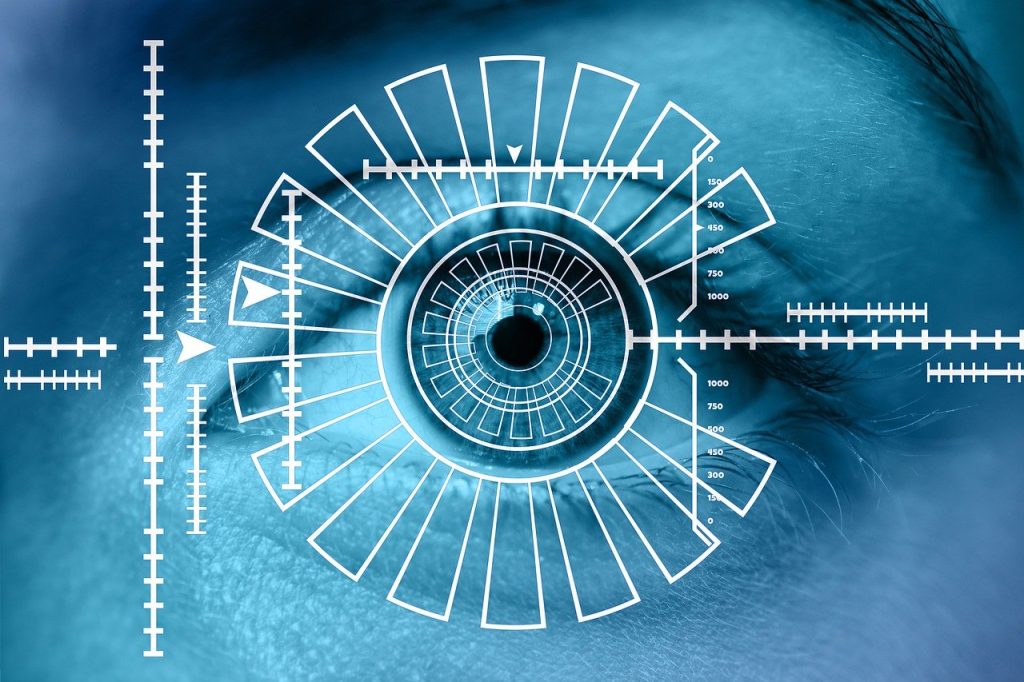
Identity verification software ensures that an individual’s or an online user’s claimed identity aligns with their real-world identity. Businesses utilize this technology to establish trust both in the digital realm and offline, thwart identity fraud, and adhere to privacy and anti-fraud regulations. Various departments within an organization can take advantage of this software to corroborate identities.
For example, companies can use AI to confirm employees’ identities in their human resources departments. Similarly, legal teams might rely on this software to verify customer requests that involve information.
Identity verification involves techniques such as checking identity documents using photographs utilizing real-time selfies for data and cross-referencing against well-known identity databases, like public records.
While countless APIs are present for identity verification, it is often quite challenging to look for the best ones. So, to make this task easier, this post has compiled the top API software through which you can curate a robust identity verification system within your organization.
1. Authenticate.com
The initial stage of confirming someone’s identity involves checking the authenticity and integrity of the document itself, verifying that it hasn’t been altered or falsified in any manner. In the past, this process relied solely on visual inspection. Still, in today’s era of Digital Transformation, even a thorough visual examination might not reveal subtle discrepancies like inconsistencies in date fonts.
This multi-step procedure has been streamlined into a singular process at Authenticate identity verification API. To begin with, they possess access to an extensive collection of templates encompassing government-issued IDs and passports from around the world.
Using these templates, they promptly subject images of the documents to over fifty forensic tests to detect any signs of tampering, forgery, inconsistencies, or fraudulent alterations.
Subsequently, they cross-reference the information found in the passport’s Machine-Readable Zone, or the data embedded in the barcode, with the details extracted through Optical Character Recognition (OCR) from the document’s front.
Following this, they utilize cutting-edge facial recognition software to extrapolate the facial image from the document and then compare it with a provided selfie.
This entire process can be tailored to individual preferences and branding. Allowing for the inclusion or exclusion of features like facial recognition, liveness detection, and even knowledge-based authentication as an alternative or supplement.
2. Ekata
Ekata empowers enterprises to facilitate seamless experiences and counteract fraud on a global scale. Leveraging the Ekata Identity Engine. Ekata offers identity verification solutions that fuse advanced data science and machine learning, enabling businesses to swiftly and accurately evaluate the risk associated with their customers.
By employing Ekata’s solutions, companies can smoothly and securely validate customer identities and gauge risk while upholding privacy standards.
Ekata stays updated with compliance regulations giving importance to protecting consumer privacy while offering identity verification and fraud prevention services. Ekata adheres to compliance standards such as General Data Protection Regulation or GDPR and CCPA (California Consumer Privacy Act), and PCI DSS (Payment Card Industry Data Security Standard).
The platform ensures an infrastructure that safeguards against data breaches and unauthorized access through encryption and authentication protocols. Ekata consistently undergoes security assessments from third-party experts to maintain security measures, including evaluations.
3. Onfido
Onfido’s Real Identity Platform allows businesses to efficiently onboard customers on a large scale while simultaneously preventing fraud and navigating through regulatory necessities like AML, KYC, and more.
With over 900 firms benefiting from Onfido’s services. They can coordinate identity verification processes using a combination of award-winning document and biometric solutions, trusted data sources, and indicators of passive fraud.
Leveraging AI’s power, Onfido’s identity verification suite empowers businesses to authenticate customer identities by utilizing a diverse assortment of global verification signals and services. This encompasses passive indicators like IP reputation, geolocation, and device integrity. Additionally, Onfido Studio allows users to construct customized workflows without coding. Directing customers toward the most suitable verification path based on their risk profile.
4. Jumio
Jumio is proud of its ability to automate identity verification for known companies such as Monzo, HSBC, and United. With a decade of world data and a vast collection of specialized data points, Jumio has developed an exceptional KYC platform.
This platform offers a customer experience when onboarding services by carefully examining over 5,000 document types from more than 200 countries. Moreover, it incorporates security measures and compliance features that align with the banking industry standards.
Beyond identity verification, the Jumio KYC platform extends its utility to encompass functions such as address verification, assessment of fraud risk, and even querying government watchlists for KYC (Know Your Customer) and AML (Anti-Money Laundering) purposes.
This versatile array of functionalities positions it as an optimal solution for industries subject to stringent regulations.
5. Trulioo
Trulioo has gained significant recognition as a prominent identity verification solution, remarkably esteemed for its KYC-oriented offerings. Nevertheless, the company extends its capabilities to encompass business verification, catering to various requirements for due diligence. Trulioo’s pivotal services include ID document verification, identity authentication, screening against AML watch lists, and business verification.
Its expansive services encompass more than 4,000 varieties of document verification spanning 195 countries. Moreover, their gateway portal can validate up to 5 billion identities. This versatile solution is accessible for integration through APIs or can be tailored to individual preferences.
Bottom line
Once you’ve evaluated the leading 5 API software solutions, the subsequent task involves choosing the service that effectively meets your business needs without excessive expenditure. Achieving this necessitates a comprehensive comprehension of your fundamental business requisites and adherence to compliance obligations.
For the utmost precision in verifying an individual’s identity, employing multiple forms of identification is recommended. Generally, one of these identifiers should be a photographic ID of the individual. Additional methods like biometrics, two-factor authentication, online verification, and similar options can also be incorporated.